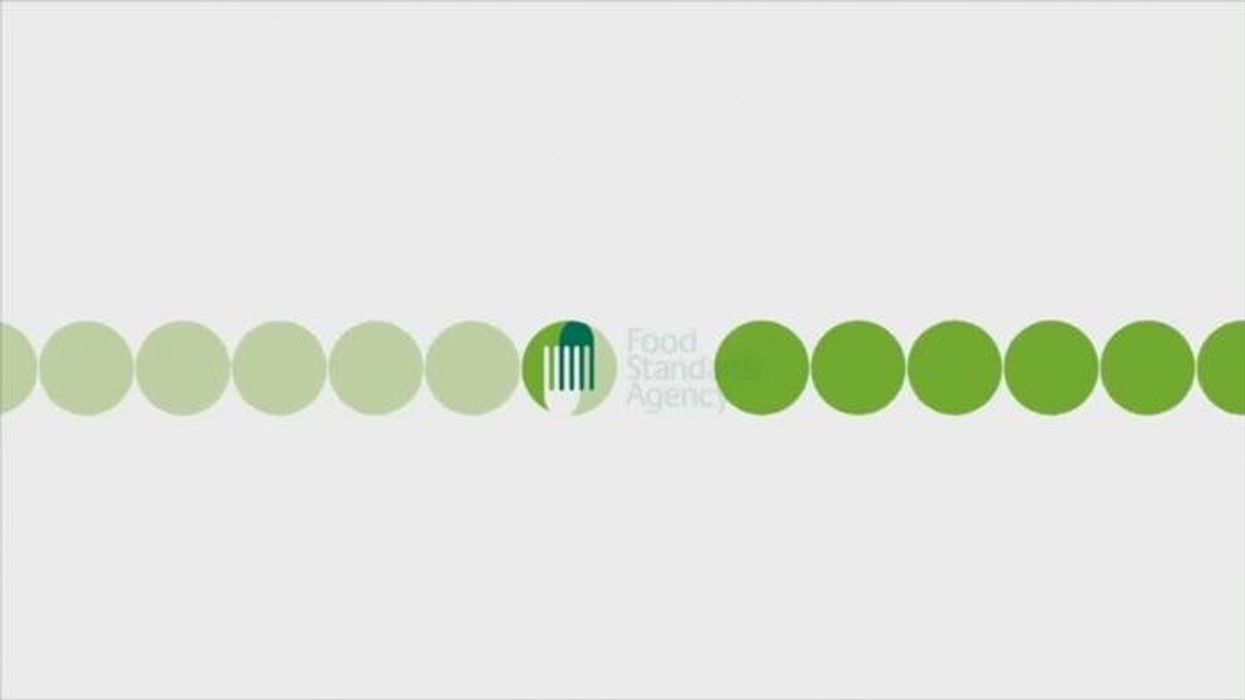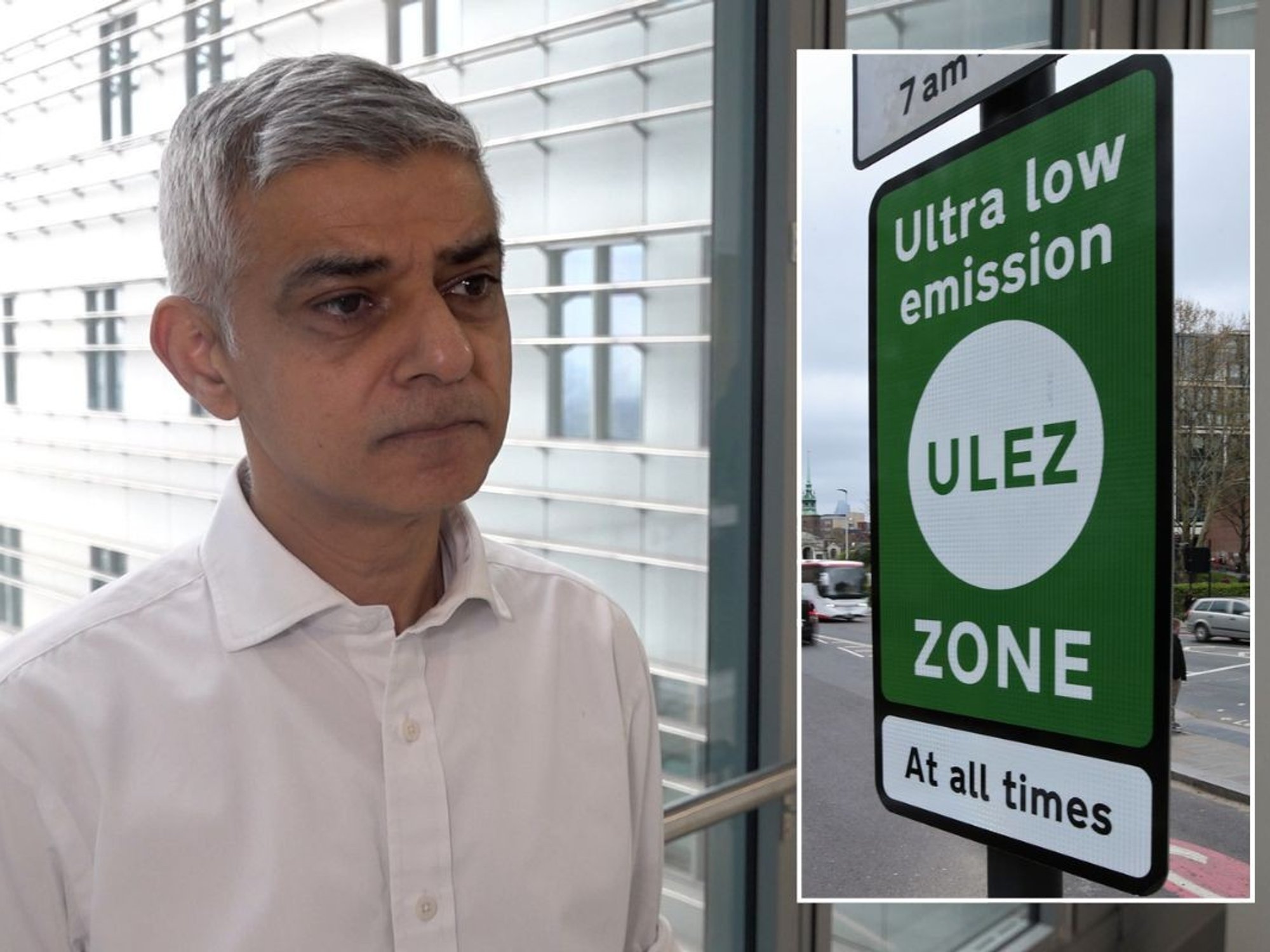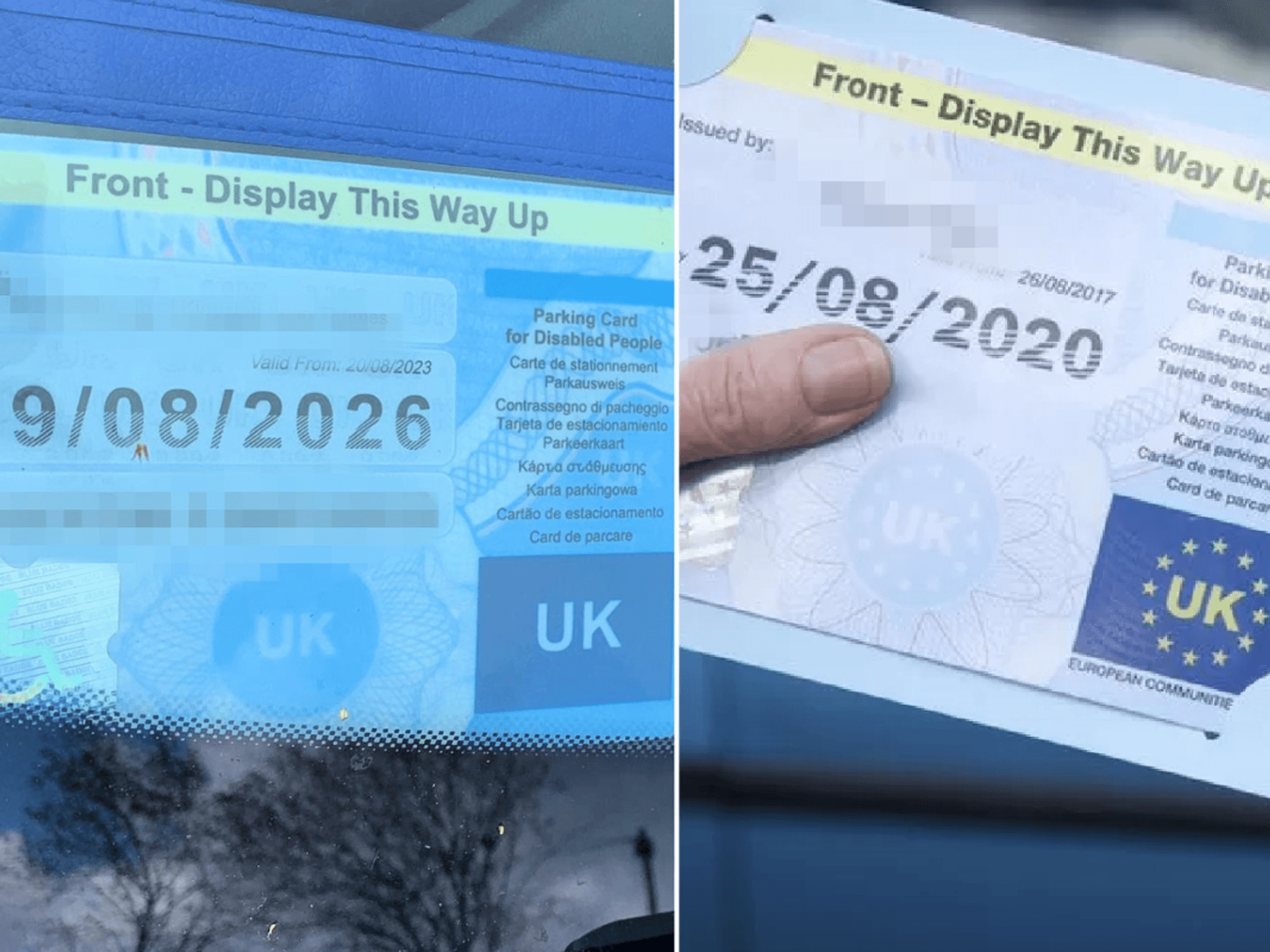Sainsbury's urges shoppers to take immediate action following contamination discovery – 'Do not eat!'

The issue has prompted a recall affecting customers in England, Scotland, and Wales
Don't Miss
Most Read
Sainsbury's has issued an immediate recall of its JS Free From Breaded Mini Fillets following the discovery of milk contamination.
The affected 305g packs carry use-by dates of November 15, 16, 17, and 20 this year.
The contamination poses a significant risk to shoppers with milk allergies or intolerances.
Customers who have purchased these items and cannot consume milk are being urged: "Do not eat it."
TRENDING
Stories
Videos
Your Say
Officials have classified this as a serious health matter. "This product contains milk, making it a possible health risk for anyone with an allergy or intolerance to milk or milk constituents," the FSA stated in its official warning.
It's particularly concerning because the Free From range is specifically marketed to people with dietary restrictions.
The agency confirmed that Sainsbury's has taken swift action by removing the products from shelves and alerting relevant allergy support groups.
The retailer has also displayed notices in stores to inform shoppers about the contamination issue.
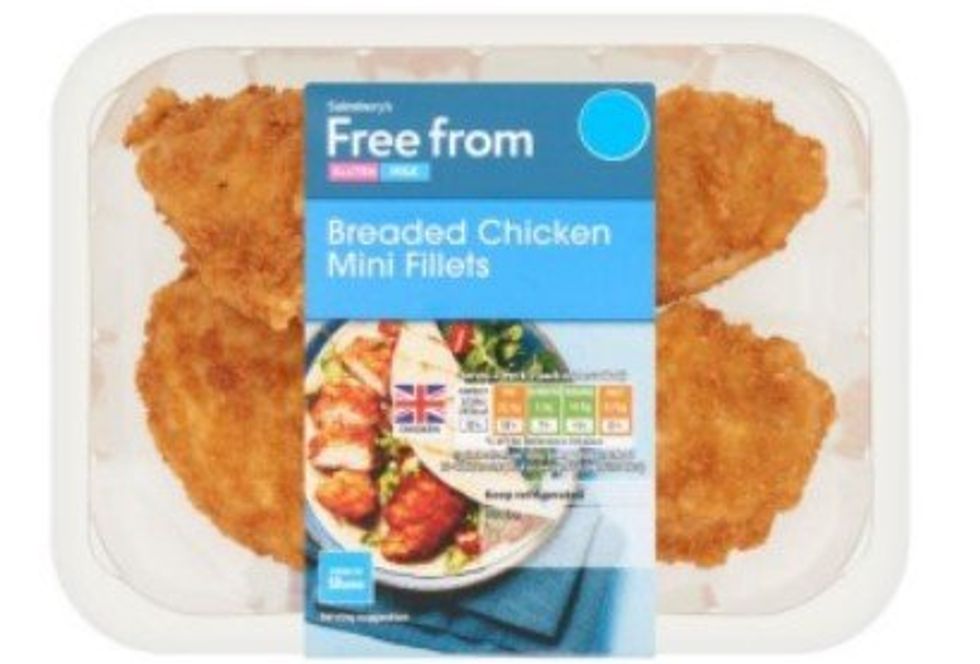
Do not eat this product if you have an allergy or intolerance to milk or milk constituents
|SAINSBURY'S
Affected shoppers are eligible for a full refund at any Sainsbury's location with or without proof of purchase.
The retailer has established a dedicated helpline on 0800 028 8303 for concerned shoppers seeking additional information.
The company's website at Sainsburys.co.uk/help provides further guidance for those who have purchased the hazardous items.
LATEST FOOD NEWS
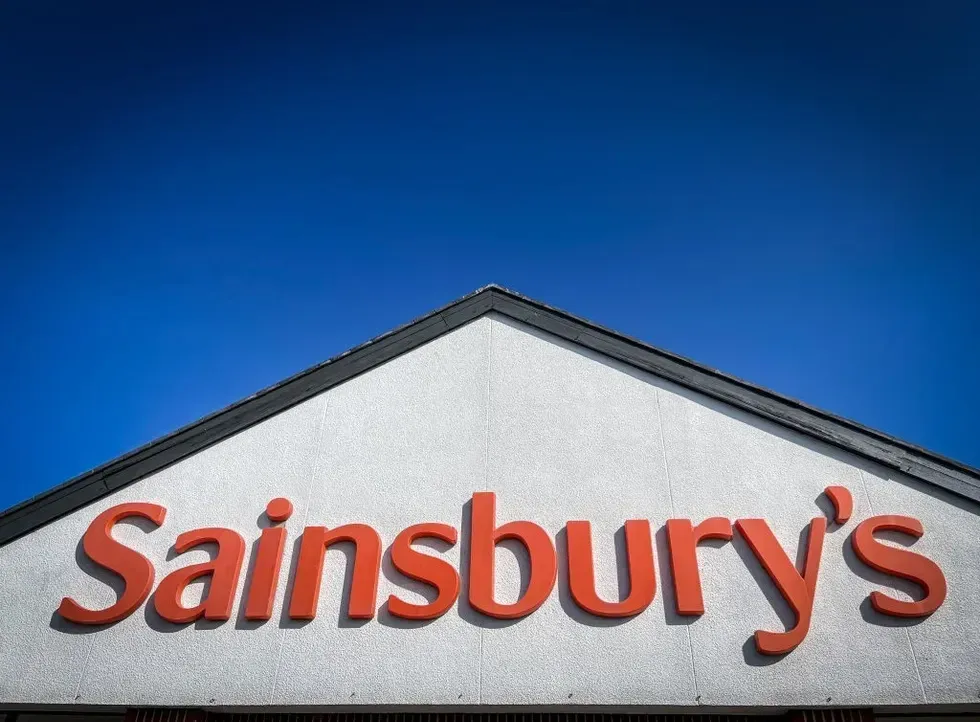
Sainsbury's has assured customers that no other JS Free From products are affected by the recall
|GETTY
Sainsbury's acknowledged the disruption this has caused to British households and apologised for the inconvenience caused.
The retailer emphasised that no other JS Free From products have been affected by the recall, just the four specific batches with a November 2025 use-by date.
Symptoms of a milk allergy
Allergy UK explained that there are three types of reaction to milk: immediate allergy (IgE-mediated), a delayed allergy (non-IgE mediated), and an intolerance reaction.
An IgE-mediated allergy, the most common among adults, is quick to appear, with symptoms arising within minutes or up to two hours after consumption.
Mild to moderate symptoms include an itchy mouth, tongue and throat; swelling of lips, around the eyes or face; a red, raised, itchy rash (often called nettle rash, hives or urticaria); vomiting, nausea, abdominal pain and diarrhoea; runny nose and sneezing.
Severe symptoms of anaphylaxis include swelling of the tongue and/or throat; difficulty in swallowing or speaking or change in voice (hoarse voice); wheeze (whistling noise) or persistent cough; difficult or noisy breathing; dizziness, collapse, loss of consciousness (due to a drop in blood pressure).
Anaphylaxis should always be treated as a "medical emergency". If available, adrenaline should be given urgently and an ambulance called.
Cow's milk allergy is one of the most common food allergies to affect babies and young children, and most outgrow it by the time they are around five years old.
In a small number of people who do not outgrow their allergy to cow's milk, it will persist into adulthood.
"Where this happens, people are more likely to experience more severe allergic reactions," experts warn.
For further information on milk allergies and intolerances in both children and adults, visit Allergy UK.
About allergy alerts
The FSA explained: "Sometimes there will be a problem with a food product that means it should not be sold.
"Then it might be 'withdrawn' (taken off the shelves) or 'recalled' (when customers are asked to return the product).
"Sometimes foods have to be withdrawn or recalled if there is a risk to consumers because the allergy labelling is missing or incorrect, or if there is any other food allergy risk. When there is a food allergy risk, the FSA will issue an Allergy Alert."
Our Standards: The GB News Editorial Charter


